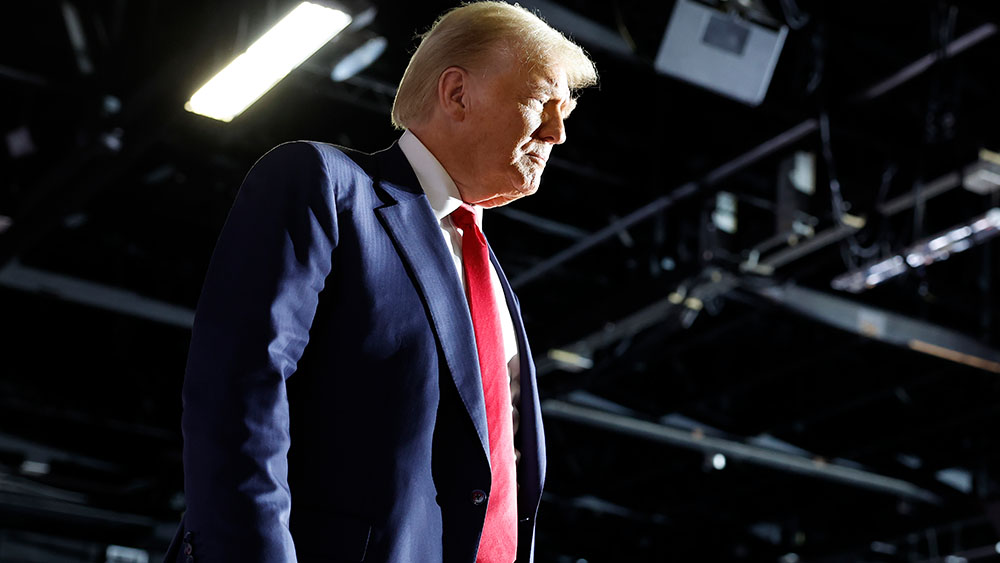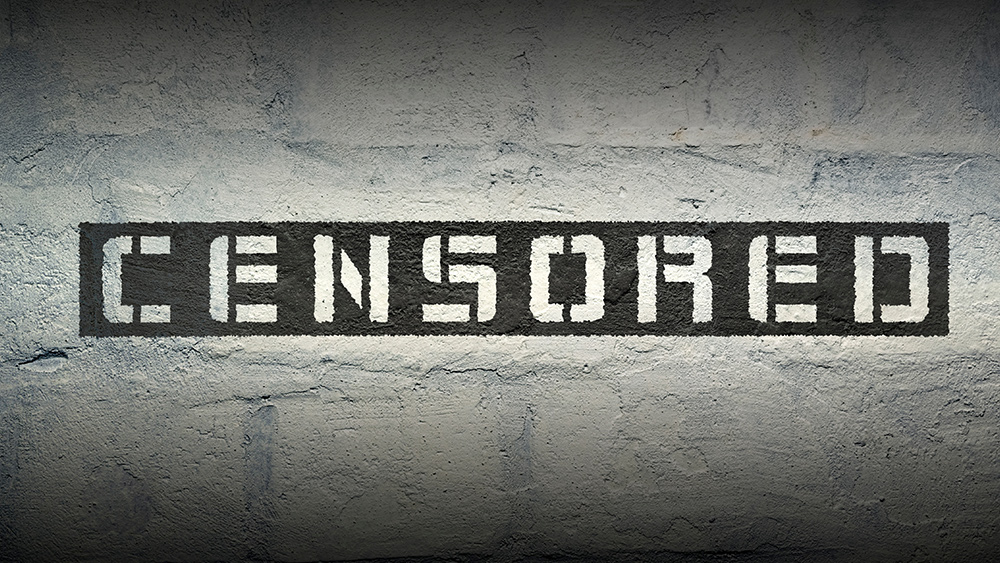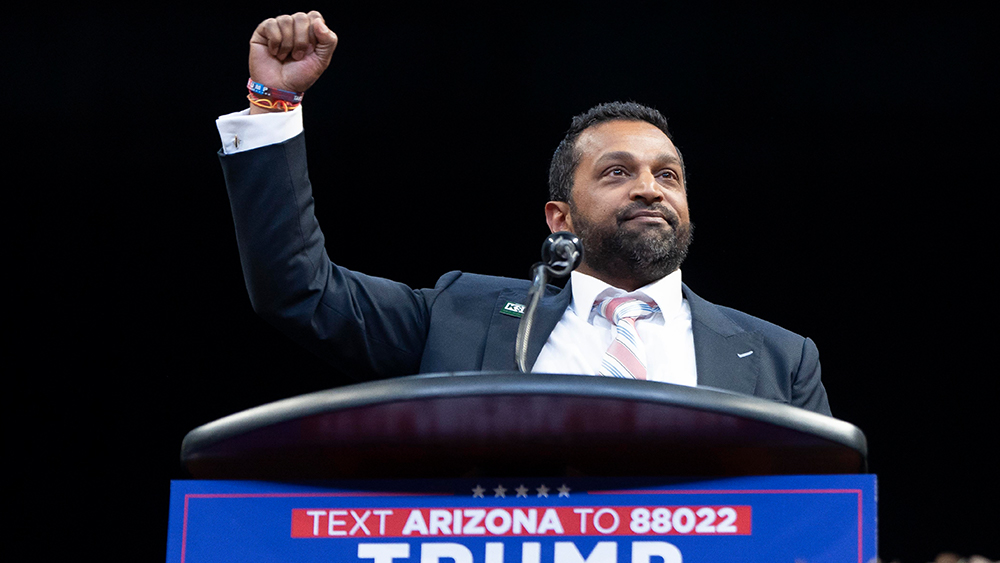Congress’s last-minute funding bill hides a potential reprieve for federal censorship arm GEC
12/19/2024 / By Cassie B.

- A provision to extend funding for the State Department’s Global Engagement Center (GEC) was included in the latest budget bill, despite earlier plans to shut it down.
- The GEC, originally tasked with countering foreign propaganda, has been criticized for targeting conservative voices and undermining free speech.
- The GEC’s activities, including funding initiatives like the Global Disinformation Index, have financially crippled independent media outlets.
- President-elect Trump’s proposed Free Speech Policy Initiative aims to curb government censorship and protect free speech.
In a move that could fuel further outrage over government overreach into free speech, a section aimed at extending the funding for the State Department’s Global Engagement Center (GEC) was quietly slipped into the latest funding bill. Despite earlier indications that the GEC would be wound down, the new 1,547-page budget resolution includes a provision to keep the controversial body operational.
The GEC was originally designed to counter foreign propaganda and misinformation campaigns, a mission that many agree was necessary. However, in practice, it has devolved into a censorship arm that disproportionately targets conservative voices, threatening the principles of free speech and press freedom.
Our previous hopes for progress rested on the State Department’s earlier announcement that it intended to shutter the GEC. This decision was seen as a positive step, even if it represented more of a rebranding in practice. However, the latest budget bill reveals a startling U-turn, with lawmakers embedding a clause that could see the GEC not only survive but continue its mission.
The GEC’s reach has expanded far beyond its initial mandate to address foreign propaganda. Instead, it has been used to undermine independent media and suppress dissenting voices. By funding initiatives like the Global Disinformation Index and NewsGuard, the GEC has effectively become a tool for domestic censorship, targeting conservative and alternative news outlets through financial strangulation.
These efforts, often labeled as “media monitoring,” involve the creation of exclusion lists that advertisers use to avoid websites deemed risky or unreliable. The impact is clear: independent media outlets, which often provide alternative viewpoints and hold power to account, are financially hampered, often to the point of collapse. This not only censors their content but silences voices that might challenge the status quo.
In a pivotal case, the Daily Wire v. State Department, the plaintiffs alleged that the GEC’s funding and promotion of these “risk-raters” amounted to a violation of the First Amendment. The court’s decision on this case could set a precedent for how far government agencies can go in influencing the media landscape.
The State Department’s involvement in initiatives like the Election Integrity Partnership, which flagged content for removal during the 2020 election, only adds to the concern. The government’s interference in domestic speech under the guise of election integrity has raised serious questions about the line between protecting democracy and stifling dissent.
Can Trump turn things around and restore free speech for Americans?
With President-elect Trump’s commitment to enacting a “Free Speech Policy Initiative,” there is renewed hope that this type of behavior can be curtailed. His plan promises to bar federal agencies from colluding with censors and to defund third parties involved in labeling and suppressing disfavored speech. Additionally, Trump has chosen figures like Robert F. Kennedy Jr. and Dr. Jay Bhattacharya to lead public health agencies, further suggesting a shift toward a more inclusive, less censorious approach.
The fight for free speech is indeed a matter of victory or death for America. As we face the potential continuation of the GEC’s activities, the urgency of President-elect Trump’s agenda to dismantle the censorship machine becomes even more critical. It is up to American citizens and leaders to ensure that our institutions protect, rather than restrict, our fundamental rights to free speech and press freedom.
Sources for this article include:
Submit a correction >>
Tagged Under:
big government, Censorship, conspiracy, corruption, deception, deep state, First Amendment, free press, free speech, GEC, Glitch, Global Engagement Center, government debt, money supply, outrage, speech police, spending bill, thought police, traitors, Trump, Tyranny
This article may contain statements that reflect the opinion of the author
RECENT NEWS & ARTICLES
COPYRIGHT © 2017 CONSPIRACY NEWS




















